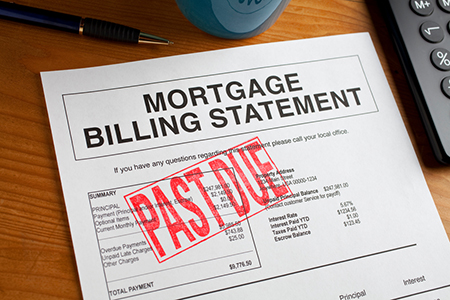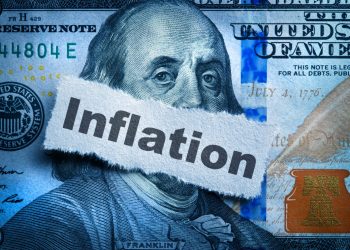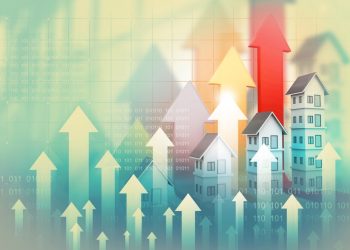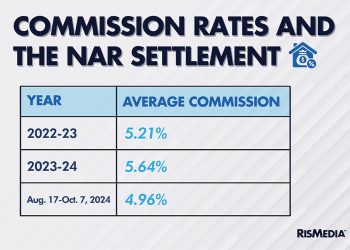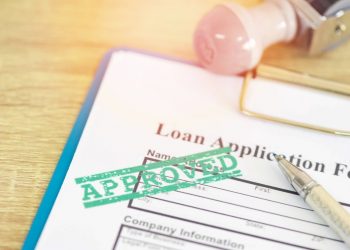Mortgage delinquency rates have been shown to increase among much older homeowners, despite their tendency to hold higher credit scores than younger homeowners, according to recent research by FICO.
Mortgage and other closed-end loan delinquency rates, FICO’s researchers found, bottom out among homeowners in their 60s and 70s, then rise again through their 80s and 90s.
“For most loan types, delinquencies peak when consumers are in their 20s and starting to take loans,” says Scott Shulz, FICO data scientist. “Mortgage delinquencies have a flatter curve and peak later, at age 44.”
Many homeowners, however, close out their mortgages in retirement. Is the age-related delinquency rate, then, cause for concern?
FICO cites a recent Mortgage Bankers Association (MBA) report that corroborates its findings—in MBA’s report, mortgage delinquency rates were found to rise after age 68. The report indicates the rise could be related to failing memory.
“It may be that older people forget to pay their bills sometimes, but there are other possible reasons,” Schulz says. “Much of the delinquency uptick is driven by a relatively small number of borrowers who still have sizeable mortgage and auto debts into their 70s and 80s. This suggests that some delinquencies may very well be due to a common occurrence in lending—those who have the resources pay off their loans over time, leaving only those more financially strapped consumers in the loan pool.”
Source: FICO



